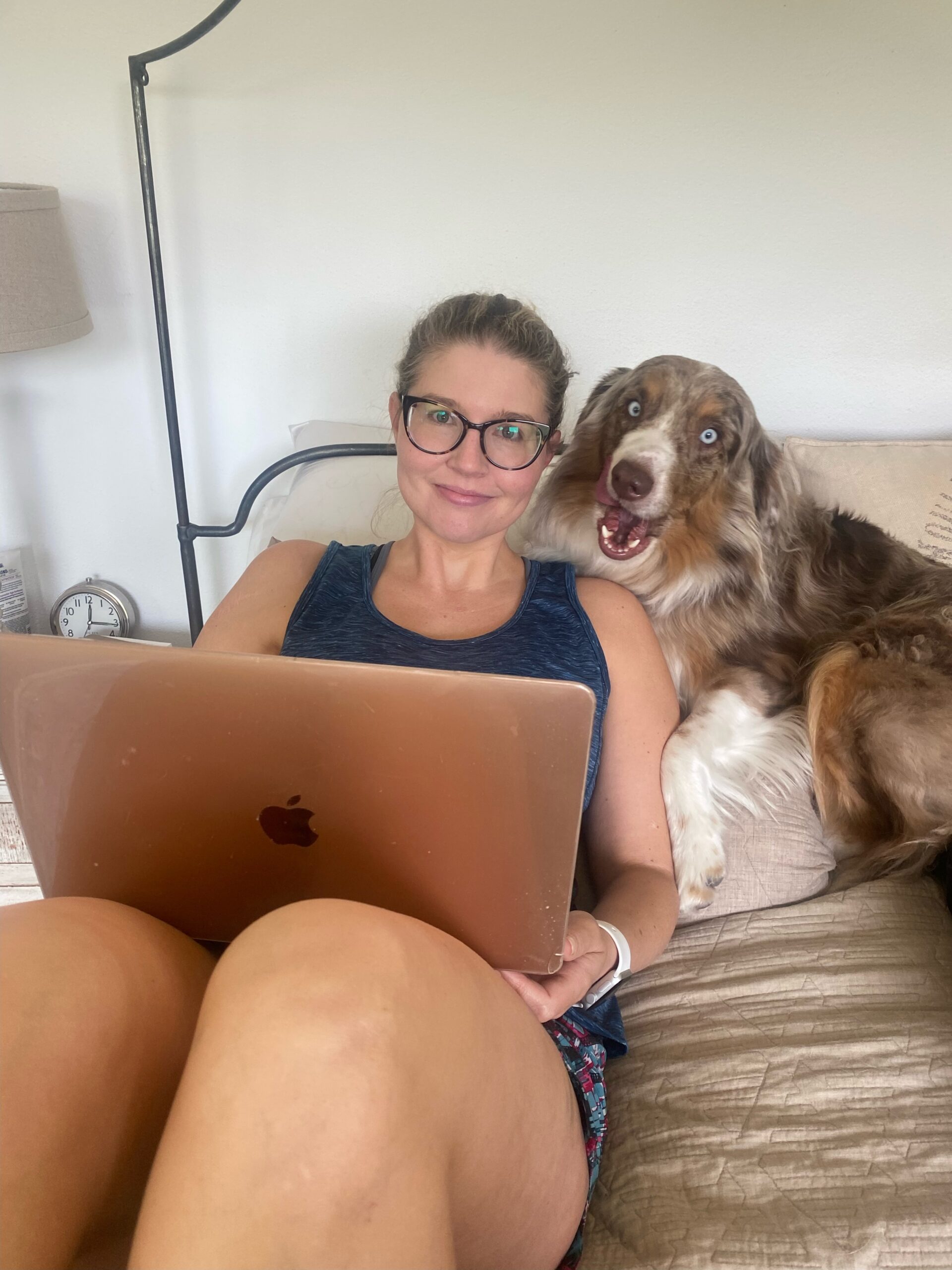What I know now that I didn’t know then: when your doctor calls with your test results at 9pm on a Sunday night, it’s not good news.
I was 26 years old when I heard the doctor say “it’s melanoma. That’s the bad kind of skin cancer. You need surgery to get the rest of the tumor.”
This wasn’t supposed to happen to me. I was newly married. I’d just moved across the country, started a great job, and adopted my first dog. I wanted to travel and start a family. Heck, I never even sunbathed! This wasn’t fair, I told myself.
But cancer doesn’t care what’s fair.
One of the hardest parts of being diagnosed with cancer at 26 is that it makes you so different from all of your peers. My friends were making OB/GYN appointments to make plans for getting pregnant, while I was scheduling oncology appointments and finding out that while it was *possible* for me to get pregnant, the hormones of pregnancy could mean my cancer would come back even worse in the future and possibly kill me. No babies for me.
And while I survived the cancer, my marriage didn’t. All the little cracks that had been ignore-able before turned into giant, unavoidable holes. We were even squabbling IN the cancer hospital, while I was recovering from surgery. We just couldn’t get on the same page about anything, and I realized life was LITERALLY too short to be in a less-than-perfect marriage.
It felt like every plan I had made was crumbling.
What kept me going was:
#1: Invest in what’s NOT changing. Going through a divorce freed up time for me to focus on my work. It started as a coping mechanism, just throwing myself into my job, but I realized that I was building up the part of my life that was remaining constant, and that helped me feel secure.
#2: Focus on what you can control. You’ve heard this before, and it’s true. When life feels uncontrollable, try to pay more attention to the choices you DO have. For me, that was choosing a doctor and a treatment plan.
#3: Let it go. Sometimes life throws you such big curveballs that you have to give up your vision for your future or versions of yourself that just aren’t possible anymore. It’s normal to grieve that, but if you spend a lot of time fighting it, you aren’t spending that valuable time building Future You. Be willing to let go of what you thought life was “supposed” to look like.





